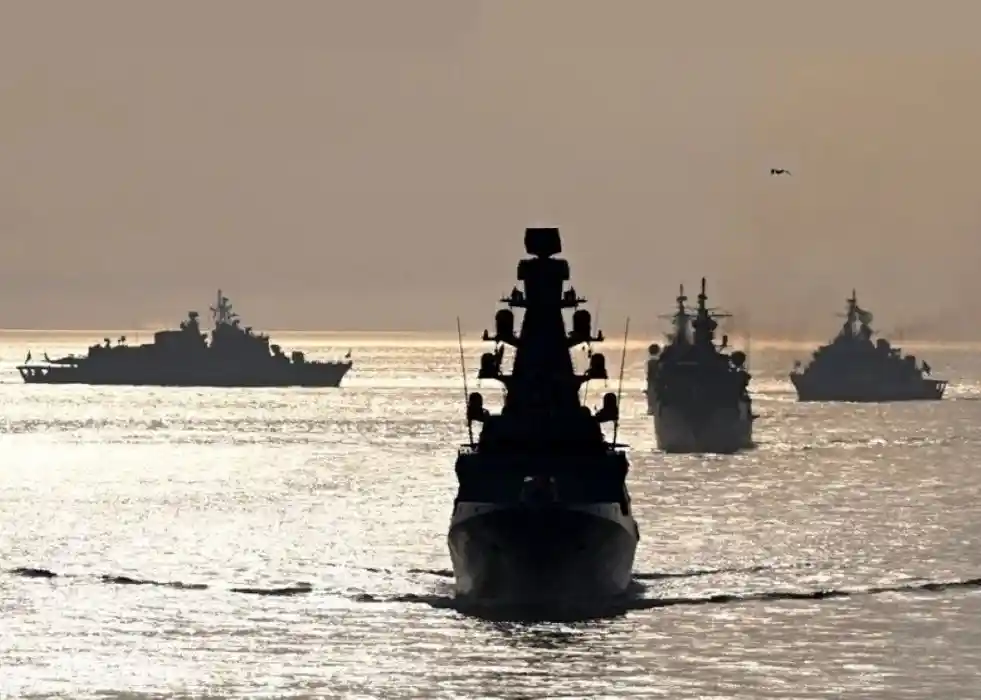Published by IRSEM in June 2024, the study argues that Turkiye’s navy—thanks to its Black Sea role, manpower and modernization—adds strategic value to NATO rather than burdening it.
A June 2024 study by France’s Institute for Strategic Research (IRSEM, École militaire, Paris) concludes that the Turkish Navy is “more of an asset than a liability” for NATO. Authored by naval officer CC Mayeul Pappens as IRSEM Étude n°117, the paper frames Türkiye’s contribution through geography, capacity and alliance integration.
IRSEM underlines that, under the Montreux Convention, Türkiye has effectively controlled access to the Black Sea since Russia’s 2022 invasion. As a result, it has been the only sizeable NATO navy operating there—a factor the report treats as a concrete advantage for allied posture and deterrence.
Beyond geography, the study points to manpower depth, fleet tonnage and broad mission profiles as positive variables. It also stresses practical interoperability, citing regular Turkish participation in NATO maritime groups and exercises. Interviews referenced in the report describe Turkish naval personnel as well-organised and reliable, with officer training aligned to Western standards.
Modernisation is a second pillar: programs spanning new surface combatants, submarine upgrades and the rapid uptake of unmanned surface systems are seen as capability multipliers over the medium term—particularly relevant to contested littorals.
However, the report adds caveats. Parts of the fleet remain aging and some high-end mission sets lack sustained experience, which can dilute combat readiness until new platforms and crews mature. The study also notes political-strategic variables—tensions with allies or regional rivals—that could complicate alliance management if not carefully handled. IRSEM explicitly lists two critical gaps in a capacity table: aircraft carriers (with or without catapults) and nuclear-powered submarines or sea-based nuclear strike capability, fields shared only by a handful of nations (United States, France, United Kingdom, Russia, China and India).
The paper also underlines that the “Blue Homeland” (Mavi Vatan) policy might make certain NATO allies uneasy when it is articulated in too broad or unilateral terms, even while it strengthens national maritime awareness and operational commitment. IRSEM says that the doctrine’s focus on self-reliance and maritime sovereignty has raised Turkiye’s naval goals. However, if it is misread politically, it might make it harder for the alliance to work together and for diplomacy in the area. The research suggests that NATO balance strong language with clear communication to preserve confidence and unity.
Editor’s note: As of October 6, 2025, TurDef’s review of French and Turkish press finds no dedicated mainstream news articles on the study.
Author: Özgür Ekşi
